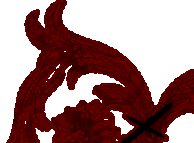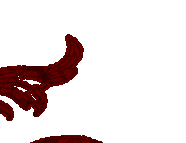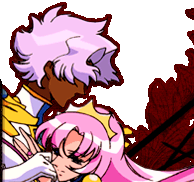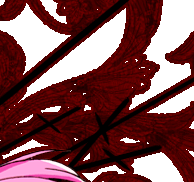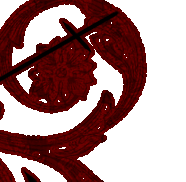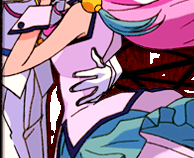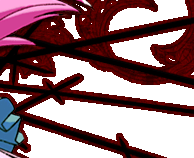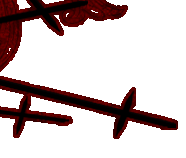
The Bishōjo-Demonic Phallic Mother Dichotomy in Revolutionary Girl Utena
This analysis
was donated by Nicole K. Toivonen Winchester.

With its diverse influences, themes of gender identity and sexuality, and philosophical and psychological foundations, Revolutionary Girl Utena has enjoyed both popularity and critical acclaim since its release in 1997. As with many shōjo anime, the main characters of Tenjou Utena and Himemiya Anthy have held particular fascination for both fans and academics. In my analysis of Revolutionary Girl Utena’s Apocalypse Saga, I will examine the characters of Tenjou Utena and Himemiya Anthy as pure and noble bishōjo and demonic phallic mother. While the show initially frames Anthy as a helpless and obedient girl, she is revealed to be an over-powerful bishōjo-gone-bad, an ancient witch that must be punished for her transgressions against proper feminine behaviour, and a mature woman through the sexual experience imposed on her by her abusive brother. As the ‘dark shadow’ cast by Utena’s unrelenting purity, Anthy is the villain the bishōjo must defeat, but Utena subverts the dichotomy between these two figures by rejecting traditional shōjo endings in favour of true maturity and freedom. To do so, I will first discuss shōjo as a site for contesting ideas about gender/sexuality that is conflicted with issues of commodification and ideologic indoctrination. I will then examine the lessons of shōjo, the dichotomy between shōjo and adult women, the concepts of magic and power in shōjo and how both are tied to concepts of good and bad women, and shōjo-hood and adulthood. Lastly, I will analyze Utena’s Apocalypse Saga viewing Utena as bishōjo and Anthy as demonic phallic mother and examine how the series subverts this dichotomy in the final confrontation.

Table of Contents
INTRODUCTION & TABLE OF CONTENTS
SHŌJO AS A GENRE: EMPOWERMENT OR EXPLOITATION?
ADULTHOOD AND VILLAINY IN MATURITY
WITCHES, MAGIC, AND FAIRY TALES IN SHŌJO
REVOLUTIONARY GIRL UTENA
THE TALE OF THE ROSE: ANTHY AS UTENA’S ‘DARK SHADOW’
Works Cited
Nicole K. Toivonen Winchester
Department of Languages, Literatures & Linguistics, York University
AP/JP3600 A - Japanese Popular Culture: Manga and Anime
Cary S. Takagaki
December 14, 2021

 |

